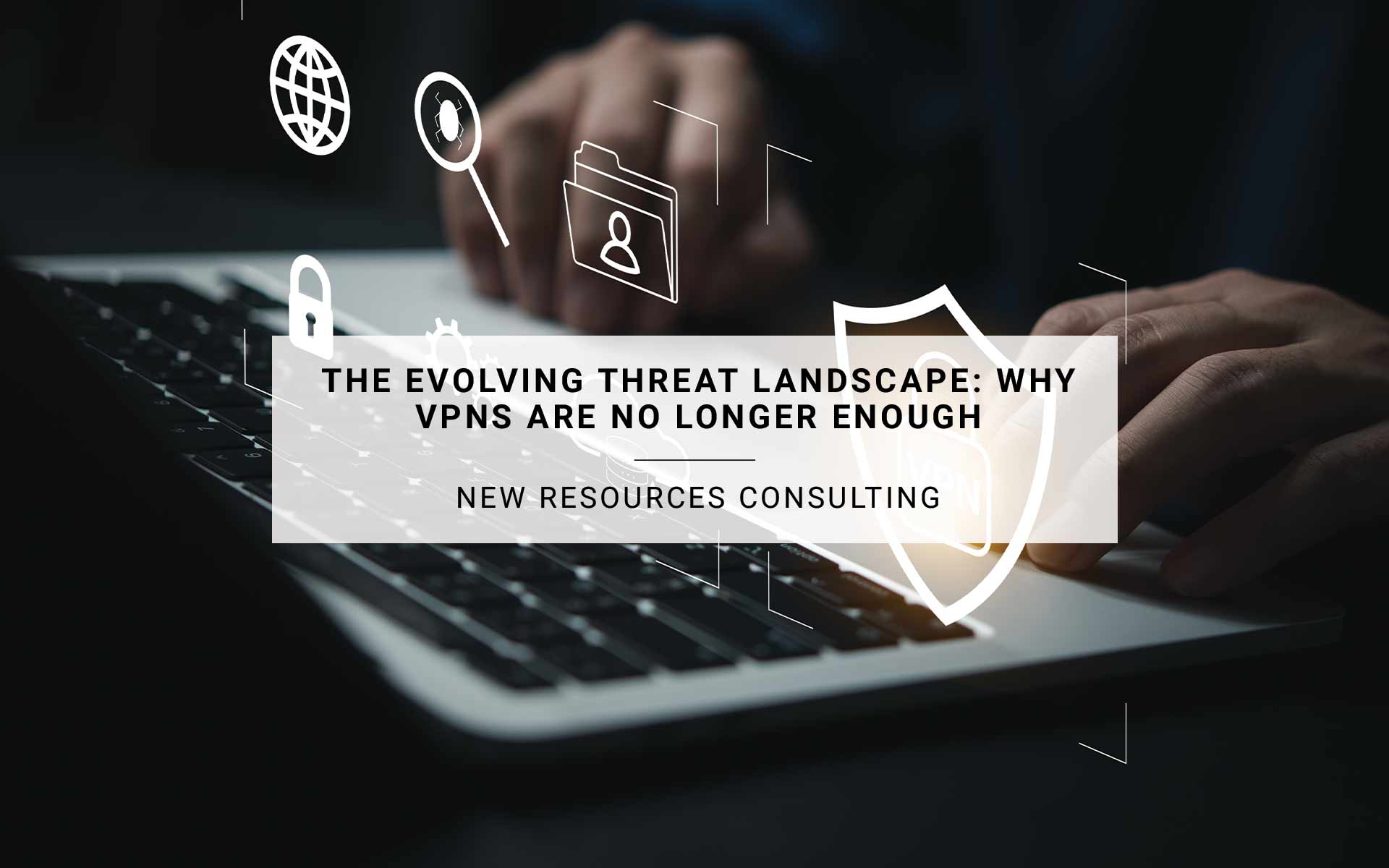Virtual Private Networks (VPNs) have long been heralded as a cornerstone of online security. By masking IP addresses and encrypting internet connections, they promise a secure and private browsing experience. However, the rapid evolution of cyber threats has revealed that VPNs are no longer the impregnable shield they once were.
The Illusion of Security: One of the primary issues with VPNs today is that they provide only the illusion of security. Many users mistakenly believe that simply using a VPN is enough to protect them from all potential cyber threats. This false sense of security can lead to complacency, with users neglecting other vital security practices.
Weak Encryption: Not all VPNs are created equal. Some use outdated or weak encryption algorithms that can be easily cracked by modern cybercriminals. This vulnerability is particularly concerning for those using free or low-cost VPN services, which often sacrifice security for affordability.
Logging Policies: Another significant issue is the logging policies of VPN providers. While many claim to offer a “no-logs” service, some still track and store user activity. This data can be sold to third parties or even handed over to authorities, defeating the purpose of using a VPN for privacy.
DNS and IP Address Leaks: DNS leaks occur when a VPN fails to route DNS queries through its encrypted tunnel, exposing user data to the internet service provider and potentially malicious actors. Similarly, IP address leaks can reveal a user’s real location, undermining the anonymity that VPNs are supposed to provide.
Malware-Infested VPN Apps: Alarmingly, some VPN apps are infected with malware. These malicious applications can steal sensitive data, monitor user activity, and even gain control of the user’s device. This issue is more prevalent among lesser-known or free VPN services that do not invest adequately in security measures.
Man-in-the-Middle Attacks: VPNs are also vulnerable to man-in-the-middle attacks, where a cybercriminal intercepts the communication between the user and the VPN server. This can result in sensitive data being compromised without the user’s knowledge.
Outdated VPN Protocols and Software: Many VPN services continue to use outdated protocols with known vulnerabilities. Additionally, failing to keep VPN software updated with the latest security patches exposes systems to new threats.
A Comprehensive Approach to Cybersecurity: Given these vulnerabilities, it’s clear that relying solely on a VPN is not enough. Companies need to adopt a comprehensive cybersecurity strategy. This includes using multi-factor authentication (MFA) to add an extra layer of security, regularly updating software to patch vulnerabilities, and encrypting sensitive data both in transit and at rest. Network monitoring is crucial for detecting unusual activity that could indicate a breach, and employee training on cybersecurity best practices can help prevent attacks. Selecting VPN providers with strong encryption, transparent logging policies, and regular security updates is essential. Regular data backups ensure that critical information can be recovered in the event of a cyberattack, and strict access controls limit who can retrieve sensitive data. Implementing Intrusion Detection and Prevention Systems (IDPS) can also help identify and thwart cyber threats in real time.
Conclusion: While VPNs remain useful tools in the cybersecurity arsenal, they are far from foolproof. The evolving threat landscape requires a multifaceted approach to data protection, combining VPNs with other security measures to stay ahead of cybercriminals. By understanding the limitations of VPNs and taking additional steps to secure their systems, companies can better protect their data and maintain their privacy in an increasingly hostile digital world.









